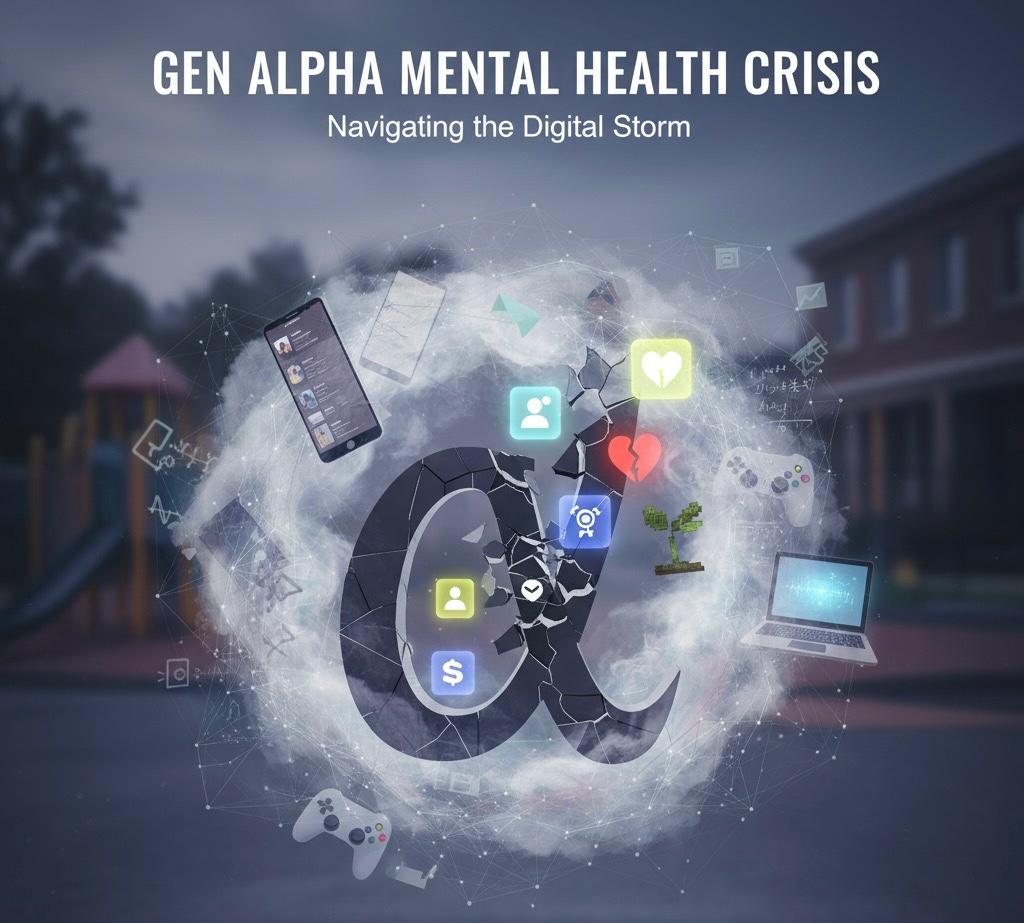Depression is a prevalent and serious mental health condition that affects millions of people worldwide. While it is a treatable condition, many individuals make mistakes in managing their depression that can hinder recovery or even worsen their symptoms. This article highlights the ten most common mistakes people make when dealing with depression, supported by scientific research, and offers advice on how to avoid them.
1. Ignoring Symptoms
One of the biggest mistakes is ignoring the symptoms of depression, hoping they will go away on their own. Early intervention is crucial for effective treatment. Persistent sadness, loss of interest in activities, changes in appetite or sleep, and feelings of hopelessness are all signs that should not be ignored (National Institute of Mental Health, 2018).
2. Self-Medicating
Many individuals turn to alcohol or drugs to cope with their symptoms, which can lead to substance abuse and worsen depression. Self-medicating can create a vicious cycle that makes the condition more difficult to treat (Nunes & Levin, 2004).
3. Isolating Themselves
Depression often leads people to withdraw from social interactions, but isolation can exacerbate symptoms. Maintaining social connections and seeking support from friends and family can provide emotional support and reduce feelings of loneliness (Cacioppo et al., 2006).
4. Neglecting Physical Health
Poor physical health can contribute to the severity of depression. Neglecting exercise, diet, and sleep can worsen depressive symptoms. Regular physical activity, a balanced diet, and adequate sleep are essential components of managing depression (Martinsen, 2008).
5. Avoiding Professional Help
Many people avoid seeking professional help due to stigma, denial, or the belief that they can manage on their own. Professional treatment, including therapy and medication, is often necessary for recovery. Cognitive-behavioural therapy (CBT) and antidepressants are effective treatments for many individuals (Cuijpers et al., 2013).
6. Being Overly Critical of Themselves
Individuals with depression often have negative thought patterns and are overly critical of themselves. This self-criticism can deepen depression. Practicing self-compassion and challenging negative thoughts can help improve mood (Neff, 2003).
7. Ignoring Lifestyle Changes
Lifestyle changes can significantly impact depression management. Ignoring the importance of establishing a routine, engaging in enjoyable activities, and setting small, achievable goals can hinder recovery (Diener et al., 2018).
8. Not Taking Medications as Prescribed
For those prescribed medication, not taking it as directed can lead to relapse or worsening of symptoms. It is important to follow the healthcare provider’s instructions and discuss any side effects or concerns with them (Nierenberg et al., 2000).
9. Believing Recovery is Impossible
A common misconception is that depression is a permanent state. This belief can prevent individuals from seeking help and making necessary changes. Understanding that recovery is possible and that many people successfully manage their depression is vital (Kessler et al., 2005).
10. Overlooking the Need for Ongoing Support
Depression can be a long-term condition that requires ongoing management and support. Overlooking the need for continuous treatment and support groups can lead to relapse. Regular therapy sessions, support groups, and maintaining a healthy lifestyle are important for long-term recovery (Piet & Hougaard, 2011).
Conclusion
Dealing with depression can be challenging, but avoiding these common mistakes can improve the chances of recovery. Recognising symptoms early, seeking professional help, maintaining social connections, and making healthy lifestyle choices are essential steps in managing depression effectively.
References
- Cacioppo, J. T., Hughes, M. E., Waite, L. J., Hawkley, L. C., & Thisted, R. A. (2006). Loneliness as a specific risk factor for depressive symptoms: Cross-sectional and longitudinal analyses. Psychology and Aging, 21(1), 140-151.
- Cuijpers, P., van Straten, A., Andersson, G., & van Oppen, P. (2008). Psychotherapy for depression in adults: A meta-analysis of comparative outcome studies. Journal of Consulting and Clinical Psychology, 76(6), 909-922.
- Diener, E., Suh, E. M., Lucas, R. E., & Smith, H. L. (1999). Subjective well-being: Three decades of progress. Psychological Bulletin, 125(2), 276-302.
- Kessler, R. C., Berglund, P., Demler, O., Jin, R., Koretz, D., Merikangas, K. R., … & Wang, P. S. (2003). The epidemiology of major depressive disorder: Results from the National Comorbidity Survey Replication (NCS-R). JAMA, 289(23), 3095-3105.
- Martinsen, E. W. (2008). Physical activity in the prevention and treatment of anxiety and depression. Nordic Journal of Psychiatry, 62(sup47), 25-29.
- National Institute of Mental Health. (2018). Depression Basics. Retrieved from NIMH website.
- Neff, K. D. (2003). The development and validation of a scale to measure self-compassion. Self and Identity, 2(3), 223-250.
- Nierenberg, A. A., Petersen, T. J., & Alpert, J. E. (2000). Prevention of relapse and recurrence in depression: The role of long-term pharmacotherapy and psychotherapy. The Journal of Clinical Psychiatry, 61(Suppl 6), 23-30.
- Nunes, E. V., & Levin, F. R. (2004). Treatment of depression in patients with alcohol or other drug dependence: A meta-analysis. JAMA, 291(15), 1887-1896.
- Piet, J., & Hougaard, E. (2011). The effect of mindfulness-based cognitive therapy for prevention of relapse in recurrent major depressive disorder: A systematic review and meta-analysis. Clinical Psychology Review, 31(6), 1032-1040.
How to get in touch
If you or your patient/NDIS clients need immediate mental healthcare assistance, feel free to get in contact with us on 1800 NEAR ME – admin@therapynearme.com.au.







